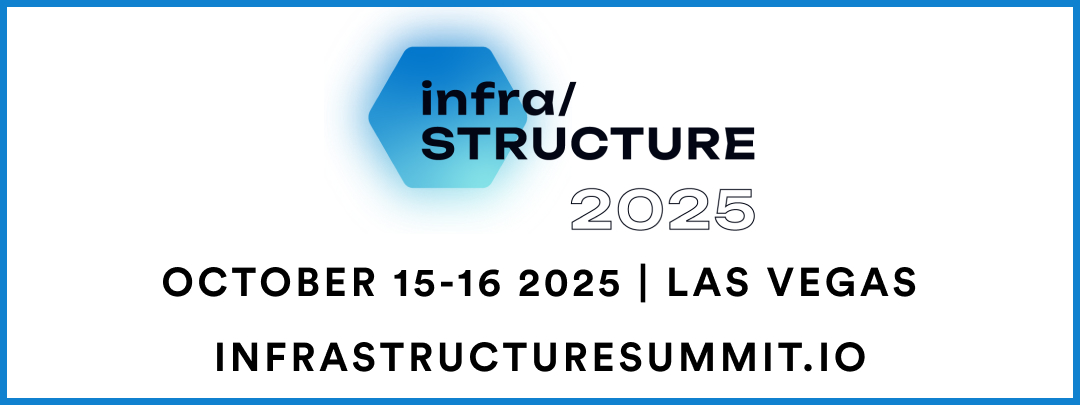WSS: AWS rolls out AI Zones, with Saudi Arabia and South Korea seeing initial deployments; national AI strategies push forward
The sector remained busy in global markets even as public holidays approach in various countries. AWS has committed significant sums to build out infrastructure in Saudi Arabia and South Korea in recent weeks and these initiatives will include the development of AI Zones, a new deployment model that is oriented to the requirements of AI workloads. These are meant to be dedicated AI nodes built in and around traditional public infrastructure and are a sneak preview for what is to come. We have some of the details.
Saudi Arabia and South Korea are seeing new greenfield cloud infrastructure builds and appear to the first projects that include the AI Zone architecture. The decision to deploy AI Zones does not look to be built purely on traffic and overall demand considerations. Other factors are in play. There is the regulatory side and the US government, Saudi Arabia, industry and investors have engaged in various partnerships to help foster development of AI. These AI Zones may also fit well in markets that are relatively centralized and have targeted and coordinated national AI strategies and development goals. South Korea would certainly qualify. The common thread is that AWS is building AI Zones in markets that are actively and aggressively trying to build out national AI strategies. For a country like KSA, it is about a longer-term approach to shifting beyond a traditional oil and gas economy.
A country like Canada is tracking on a similar path and is in the early stages of building out its own national AI strategy, with the public sector less directly involved, but encouraging cooperation and partnership across telecommunications and technology. In recent weeks, we saw Bell Canada roll out its AI strategy, with plans for nearly a half-gigawatt of development projects in British Columbia. Bell Canada also partnered with Groq, an AI inferencing provider, which became an anchor tenant in a data centre colocation environment. Western Canadian telco TELUS also got into the act. It has partnered with NVIDIA to develop AI factories in BC and Quebec. A lot of these projects are positioned as sovereign cloud projects and speak to the focus on keeping sensitive data within national borders. Meanwhile, IBM Cloud made some moves in Canada around AI infrastructure. It opened a full cloud infrastructure region in Montreal and rolled out AI-optimized infrastructure in its Toronto region, equipped with GPU-based bare metal and virtual servers. It is targeting compliance-sensitive industries, with an offering that has strong sovereign cloud elements.
It was also a busy week in the GPU cloud and webscale markets. CoreWeave continues to devour capacity as it looks to support an aggressive growth trajectory. It has leased over 600MW from Core Scientific and tried to acquire the company outright last year. The offer was rejected, but there has been credible reporting that the discussions may be back on. Acquiring Core Scientific would not just be about acquiring data centre capacity, but perhaps even shifting into the data centre colocation business. The GPU cloud landscape is going to pivot in different ways and CoreWeave may be thinking about maintaining as much flexibility as possible. But yes, building capacity as efficiently as possible is still the primary objective here with this move. Elsewhere in the GPU world, there was more technology acquisition activity as companies like Together AI focus on the technology and management stack to drive differentiation. In recent weeks, Together AI acquired a startup called Refuel to enhance data workflow management. CoreWeave has also looked to enhance its capabilities through M&A. A few months back, it acquired Weights & Biases, which built technology for AI model evaluation and monitoring. It is clear that the battle is increasingly being played on this front. GPU clouds are going to differentiate in their ability to provide services and tools that enhance application development, assembly, data management, optimization and monitoring. It will be less about the raw infrastructure layer over time.
Finally, there was other activity to note in the wider cloud infrastructure market, with Webscale provider Vultr closing another round of credit financing and Google Cloud hiring a cloud business CFO and rolling out new sovereign cloud services.
or



